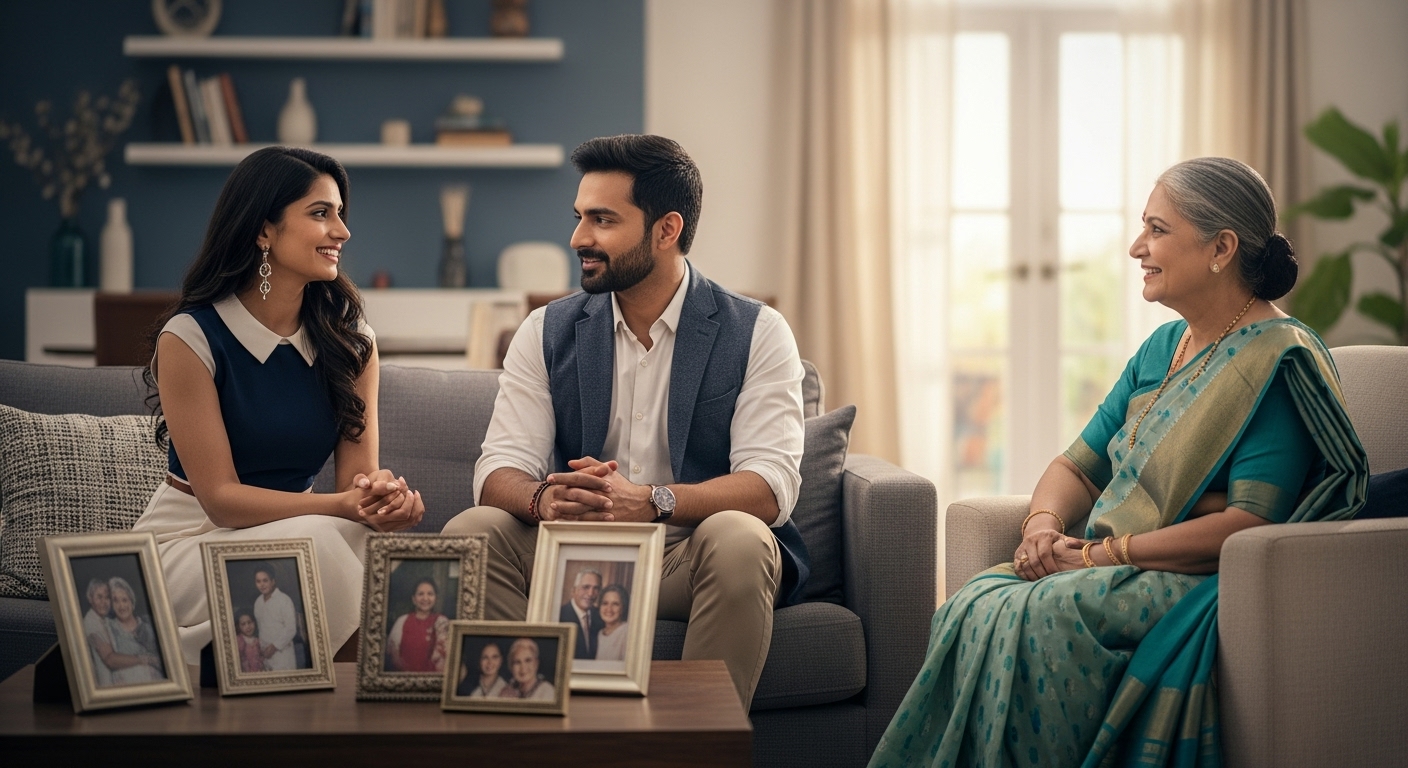- Family influence has always played an important role in shaping relationships, particularly in societies where family bonds are strong.
- However, modern couples are changing how they balance love, independence, and familial expectations.
- Relationship specialists show that, while families are still an important part of a couple’s lives, the manner they negotiate these influences has changed.
- Today’s couples seek mutual understanding and emotional independence while maintaining familial respect.
- This new balance shows a greater maturity in relationships—love is no longer only about two people, but also about aligning personal preferences with generational values.
Family influence has always played an important role in shaping relationships, particularly in societies where family bonds are strong. However, modern couples are changing how they balance love, independence, and familial expectations. Relationship specialists show that, while families are still an important part of a couple’s lives, the manner they negotiate these influences has changed.
Today’s couples seek mutual understanding and emotional independence while maintaining familial respect. This new balance shows a greater maturity in relationships—love is no longer only about two people, but also about aligning personal preferences with generational values.
1.Establishing Healthy Boundaries without Breaking Bonds.
Experts underline that modern couples are mastering the art of establishing emotional boundaries while remaining loving and respectful of their families. Unlike previous generations, who frequently emphasised family approval over personal satisfaction, today’s spouses are aggressive yet compassionate.
They communicate clearly about boundaries—decisions about finances, parenting, and even living arrangements—so that families remain supporting participants rather than dominant decision-makers. This combination of closeness and independence reduces misunderstandings and increases mutual respect on both sides.
2.Communication as the Core Strategy.
Relationship therapists agree that open, honest communication is essential for managing familial influence. Partners who share their family dynamics early in the relationship are better able to deal with difficulties later. Modern couples conduct “relationship check-ins” to handle external stresses before they erupt.
They also practice united communication, which involves presenting a common front to families while making critical decisions. This sense of participation not only eliminates interference but also promotes trust between the couple, which strengthens emotional intimacy.
3.Respecting Traditions While Establishing New Standards.
Many couples today combine tradition and originality. Experts point out that instead of discarding family traditions, couples choose to accept those that match their shared ideals. For example, they may celebrate traditional holidays while redefining gender roles within the relationship. This hybrid approach indicates a move from conformity to purposeful choice, honouring cultural heritage while establishing a modern identity. Such adaptability typically brings families closer together, as they regard the couple’s decisions as respectful rather than rebellious.
4.Managing Pressure During Marriage Decisions.
Family opinions are frequently expressed during matchmaking or wedding planning. Experts say that couples today rely on emotional intelligence to deal with these situations—listening calmly, expressing gratitude for family engagement, but ultimately making decisions that prioritise their partnership. Couples who are candid and united prevent unneeded conflict and ensure that their family feel appreciated, even if their viewpoints differ. This method promotes long-term harmony above short-term approval.
According to relationship specialists, the most significant development in modern partnerships is increased emotional awareness. Couples today recognise that while family influence is unavoidable, they have power over how it impacts their life. Instead of opposing family engagement or entirely succumbing to it, they are seeking a conscious compromise.
Through communication, respect, and empathy, they are transforming potential disputes into chances for growth. In a society where independence and belonging frequently tug in different directions, modern couples are demonstrating that love flourishes best when boundaries are explicit, respect is mutual, and families become harmonious partners rather than under pressure.

